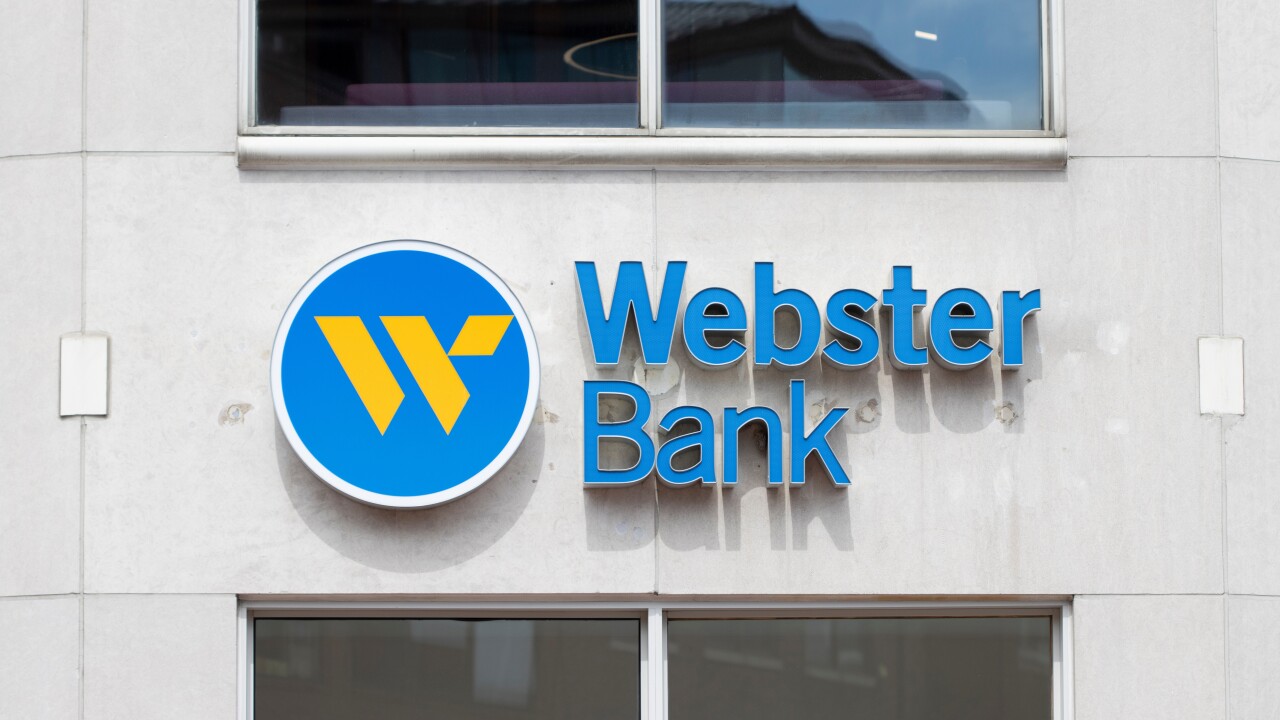Kash Corp. is prepared to move into the money transfer world, launching an application programming interface (API) that will allow companies of all sizes to accept direct debit payments without credit card fees.
The company's liveACH app positions the San Francisco-based startup with an API for business-to-business payments as well as its retail Kash Register point-of-sale system for mobile payments.
With Kash Register and liveACH, Kash now offers services that would fit for any retailers seeking to avoid credit card fees and the security pitfalls that come with payment cards, said Kash founder Kasra Nejatian.
In many ways, Kash is delivering the type of service that the Merchant Customer Exchange talked about in developing its Paydiant-powered CurrentC mobile wallet, which continues its testing phase.
"We know MCX, but I don't know why they haven't approached us," Nejatian said. "Their model is very interesting, but we could be the payment rail that could run an MCX product."
In that manner, individual companies determine how the front end of the Kash applications will work. It could be for a physical POS, an e-commerce site, an in-app payment setup, or all three.
"We have a core competence in doing the hard part of this in screening for fraud, doing the credit checks and moving money around," Nejatian said. "We love to work with different use cases."
The new money transfer service comes at the same time when Kash is enjoying some business momentum, as former Visa CEO Joe Saunders has become chairman of the company's advisory board.
"Purposely, we have been taking our time in building the technology for a payment company," said Nejatian said. "Building algorithms for payments takes a lot of time, but we feel we will have solutions that everyone will want."
In testing the liveACH software the past several months, Nejatian said Kash has never encountered "a potential partner that said no" to its payment rails technology.
Part of the reason for that is a 0.5% transaction fee, or generally 3.5% lower than card fees. The other is a faster payment timeline, with instant movement of funds from one bank to another, with next-day settlement.
"Many have assumed the payment process needs to get faster within the existing infrastructure, but our assumption and what we've proven, is the U.S. banking system is not going to change overnight," Nejatian said.
That's where Kash
"A company like Dwolla is very important to the work of making the existing banking system incrementally better, but our view is you don't have to do that," Nejatian said. "We can underwrite the risk and clear transactions instantly and settle the next day."
The U.S. banking system is "very good for many, but we don't rely on it to get any better," Nejatian added.
Kash will target real estate services, invoicing companies, digital and e-commerce companies with the liveACH API.
The biggest challenge for Kash may be a distribution model and the fact that potential users may view it as a competition for PayPal or even Western Union, said Marc Cochrane, independent payments industry analyst.
"Disruptive businesses are always a favorable thing," Cochrane said. "It may be an uphill battle for Kash, but if they have killer apps that are very scalable, a strategy could be to get something going and then look to be acquired."
Kash needs only to look at what
The trend for payments companies seeking technology to integrate at the POS and to develop new services was also evident when processor
Nejatian's partners at Kash are Danny Su, who formerly worked at Microsoft, and Geoff Flarity, with past experience at Morgan Stanley.
The fact Saunders and Sam Wen, formerly of Square, will operate in advisory roles for Kash gives the company a boost of credibility.
"You would expect Joe Saunders to be on everyone's list of important people in payments," Nejatian said. "He knows more about the payments world than anyone else in the country."
As such, Kash executives will be looking to Saunders for feedback on payments technology in the future, Nejatian added.




